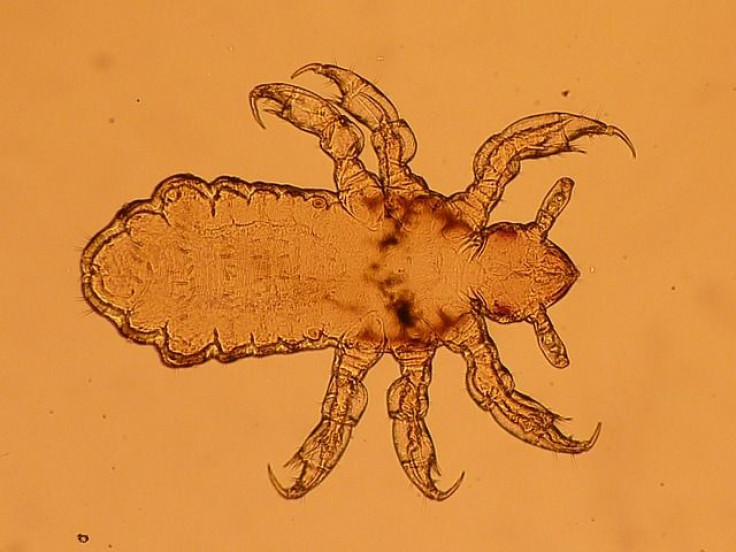Super Lice Update: Over-The-Counter Products No Match For Mutant Bug

Battling super lice? A new report suggests that parents dealing with the widespread condition should save time by skipping over-the-counter lice treatments.
“The failure rate of these products has increased dramatically in many areas of the United States. This leads to increased cost, days missed from work and school, and frustration among our patients,” said Dr. Ellen Koch, report lead author and dermatologist with the University of Pittsburgh Medical Center. Recent research in the U.S. has estimated that over-the-counter treatments’ effectiveness against super lice is at only 25 percent, which is no better than a placebo, according to the study.
So what are super lice? These parasitic insects are similar to regular lice but are resistant to pyrethroids, the family of insecticides contained in common over-the-counter treatments.
The new report shows that an infestation can be more effectively treated with the following prescription products: ivermectin (Sklice or Stromectol), malathion (Ovide), spinosad (Natroba) and benzyl alcohol (Ulesfia). Additionally, it warns about the use of a prescription product called lindane, since it can be dangerous.
Who gets super lice? Generally, lice like children’s hair because it’s finer and thinner, therefore more easy to grasp, dermatologist Dr. Paradi Mirmirani told CBS News.
Additionally, lice infestation “affects all social levels and has nothing to do with how much [money] your parents make or what the household hygiene is like. In fact, lice have an easier time grasping clean hair,” Mirmirani said.
Besides prescription products, are there any other treatments for super lice? Well, researchers said there’s no evidence to support the home remedies — like olive oil, mayonnaise or petroleum jelly. There’s also no evidence supporting the use of essential oils — such as tea tree oils. Currently, there also isn’t any safety data on these treatments, according to the new study’s authors.
Source: Koch E, Cohen B MD. ‘Super Lice’ Not Budging With Over-The-Counter Treatment. Pediatric Dermatology. 2016.
Read more:
Beware Of Resistant ‘Super Lice’ Burrowing In Your Hair: They Don’t Respond To Normal Treatment



























